According to a Communique issued at the end of an International Conference on Human Rights and Armed Conflict in Nigeria, Amnesty International was accused of hindering the fight against Boko Haram by blackmailing the military with the ICC.
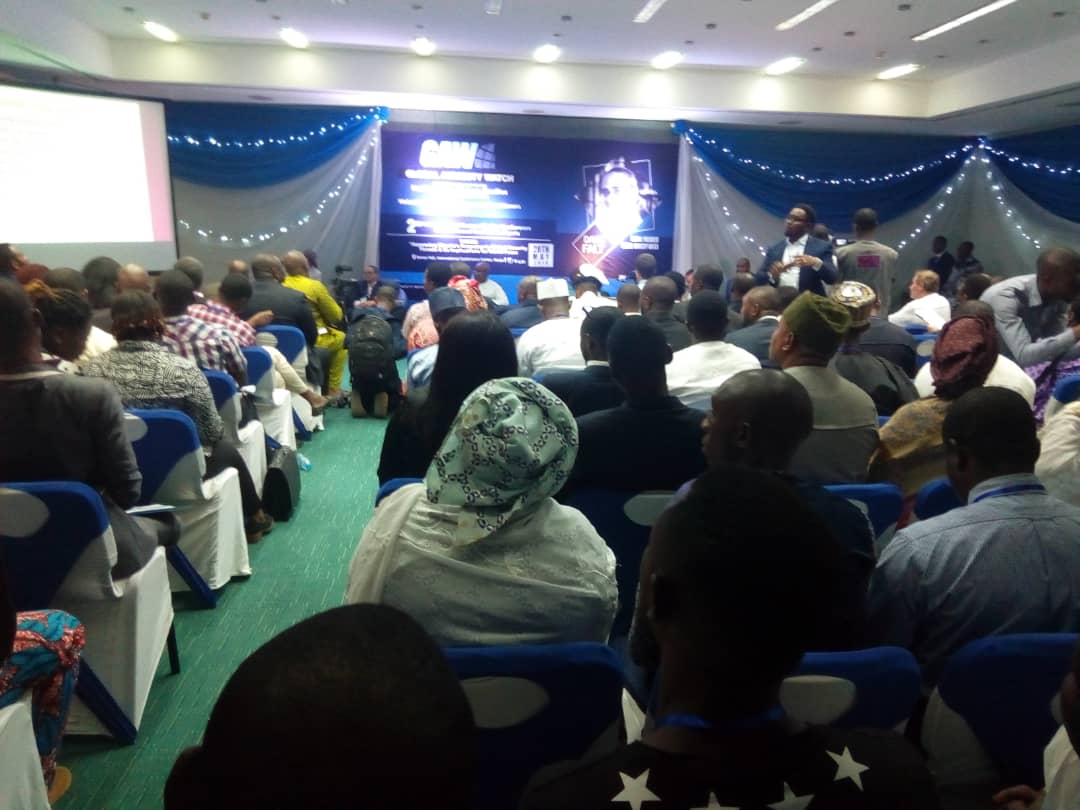
According to the conference organised by Global Amnesty Watch in conjunction with the Institute for African Studies, University of Nigeria, Nsukka, participants agreed that the government must in the interim assure the military that it is insulated from the International Criminal Court in view of its operations meeting international standard of rules of engagement.
In the communique signed by
Dr. Mutiullah Olasupo
Chairman, Communique Drafting Committee and Barrister
Maxwell Gowon
Secretary, Communique Drafting Committee, the conference agreed that a special task team should be set up to review and respond to any report emanating from Amnesty International, UNICEF and or their associates.
“The task team is to help citizens understand when they are being willfully misled by these entities. The task team is made up of representatives from the CSOs that attended the conference”, the communique said.
Participants also agreed in the communique, “We demand that the Federal Government immediately activate the necessary steps for Nigeria to exit the Rome Statute and its creation, the International Criminal Court, to ensure that the military can fight terrorism without the cloak of blackmail constantly hanging over them.
“The Government must in the interim assure the military that it is insulated from the International Criminal Court in view of its operations meeting international standard of rules of engagement.
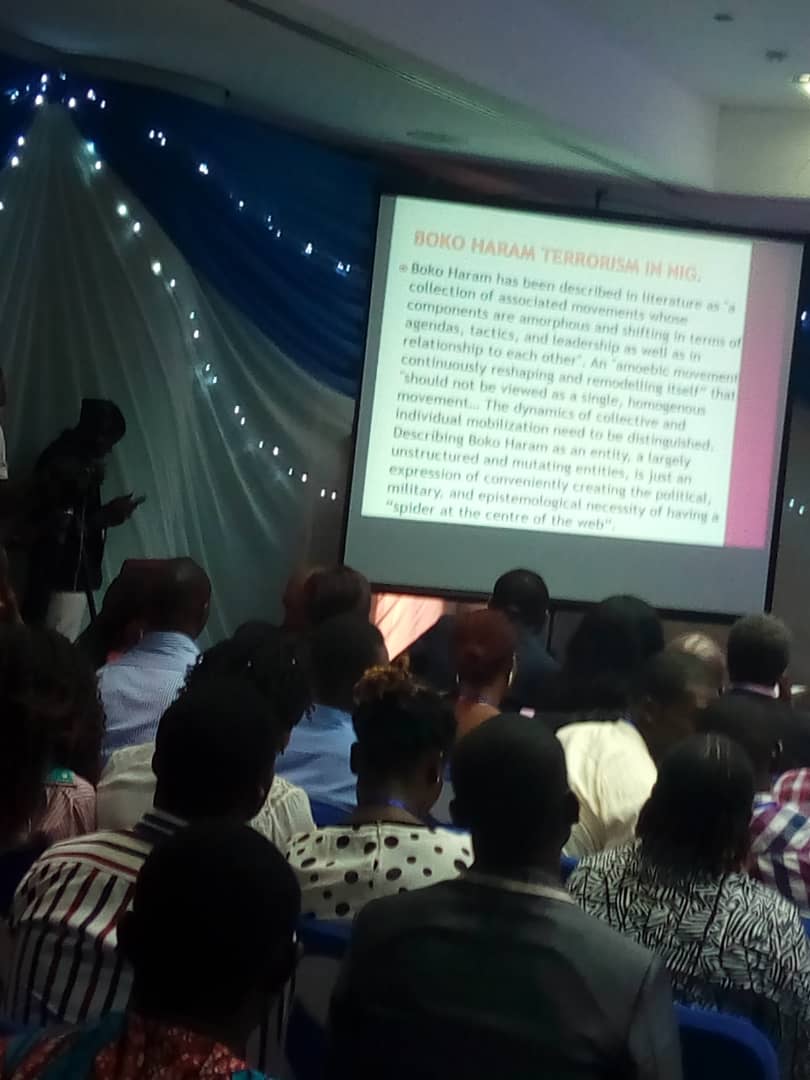
During the conference,
participants and resource persons evaluated Nigeria’s war on terrorism in the three years from 2015 till date, the period the administration of President Muhammadu Buhari’s administration has been in office.
According to them, the war against terrorism made progress in the three years under review during which senior commanders of the terror group have been killed arrested or surrendered; remnants of the group have resorted to sporadic cross border raids – they launch attacks from neighboring Niger, Chad and Cameroon as well as retreat back to these places once the Nigerian military is in pursuit.
”It is regrettable that there has been a stall in the efforts to totally eradicate Boko Haram insurgents owing to several external interferences.
These interferences include strategic support for the terrorists by international NGOs like Amnesty International and other groups representing its interests in Nigeria and the failure of Nigeria’s neighbors to honor international and regional commitments.
“The support from these NGOs has ensured that Boko Haram continues to get sympathy to use as propaganda for recruiting and radicalizing new members and continue to attempt occasional attacks on soft targets. It has in this regard moved from using hardened fighters to deploying underage girls that are able to evade security scrutiny to carry out attacks”, the Communique also said.
The communique also sad, “The International Criminal Court is constantly used to harass and intimidate military commanders and troops to discourage them from being committed to defeating Boko Haram. The myriads of false reports from Amnesty International and other groups usually have built in texts that threaten military personnel with arraignment for war crimes and crimes against humanity before the International Criminal Court.
“It was noted that South Africa, Burundi, Kenya and the Gambia are countries that have taken different steps towards exiting the court created by the Rome Statute because of its confirmed selective justice and usage as a tool for modern day colonialism”.
Local and international speakers at the conference include David Falt, Global President, Global Amnesty Watch, Geneva, Professor Pita Ogaba Agbese, University of Northern IOWA, [USA]; Mary Johnson, Human Rights Lawyer, [USA]; Dr Malfouz A Adedimeji former Director, Centre for Peace and Conflict Studies, University of Ilorin Kwara State and Mr. Stuart McGhie, Senior, Expert/Practitioner in Humanitarian Law, London.
Others are Professor Emmanuel O. Ezeani of the Conflict Resolution and Peace Building Unit, Institute of African Studies, University of Nigeria, Nsukka, Enugu State, Dr. Udenta O. Udenta as Conference Moderator.
End.
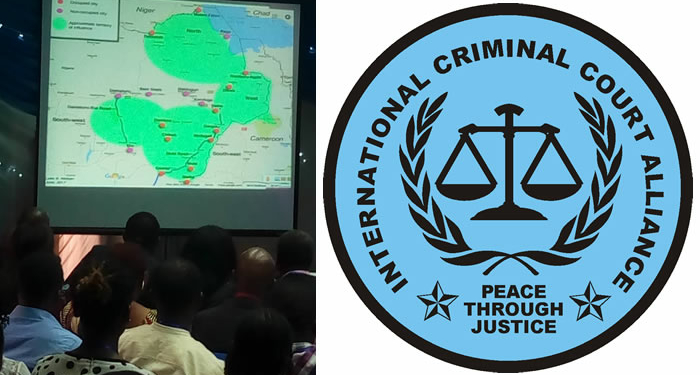


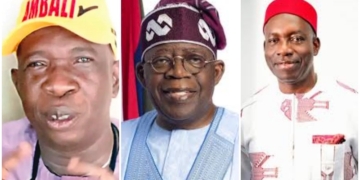
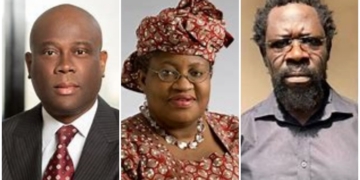
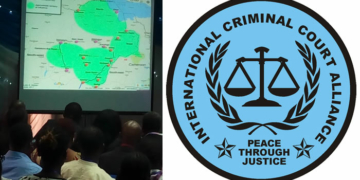
Discussion about this post